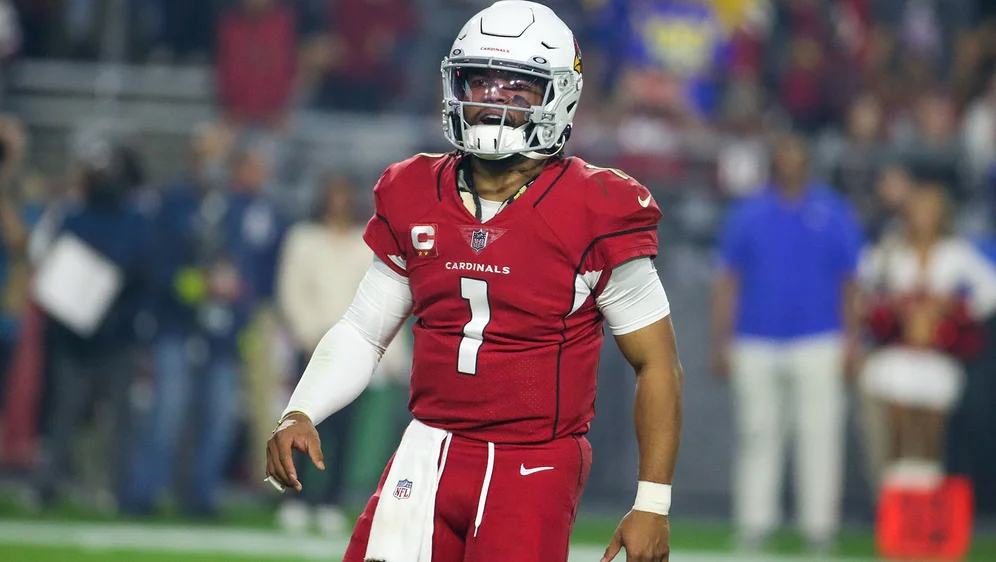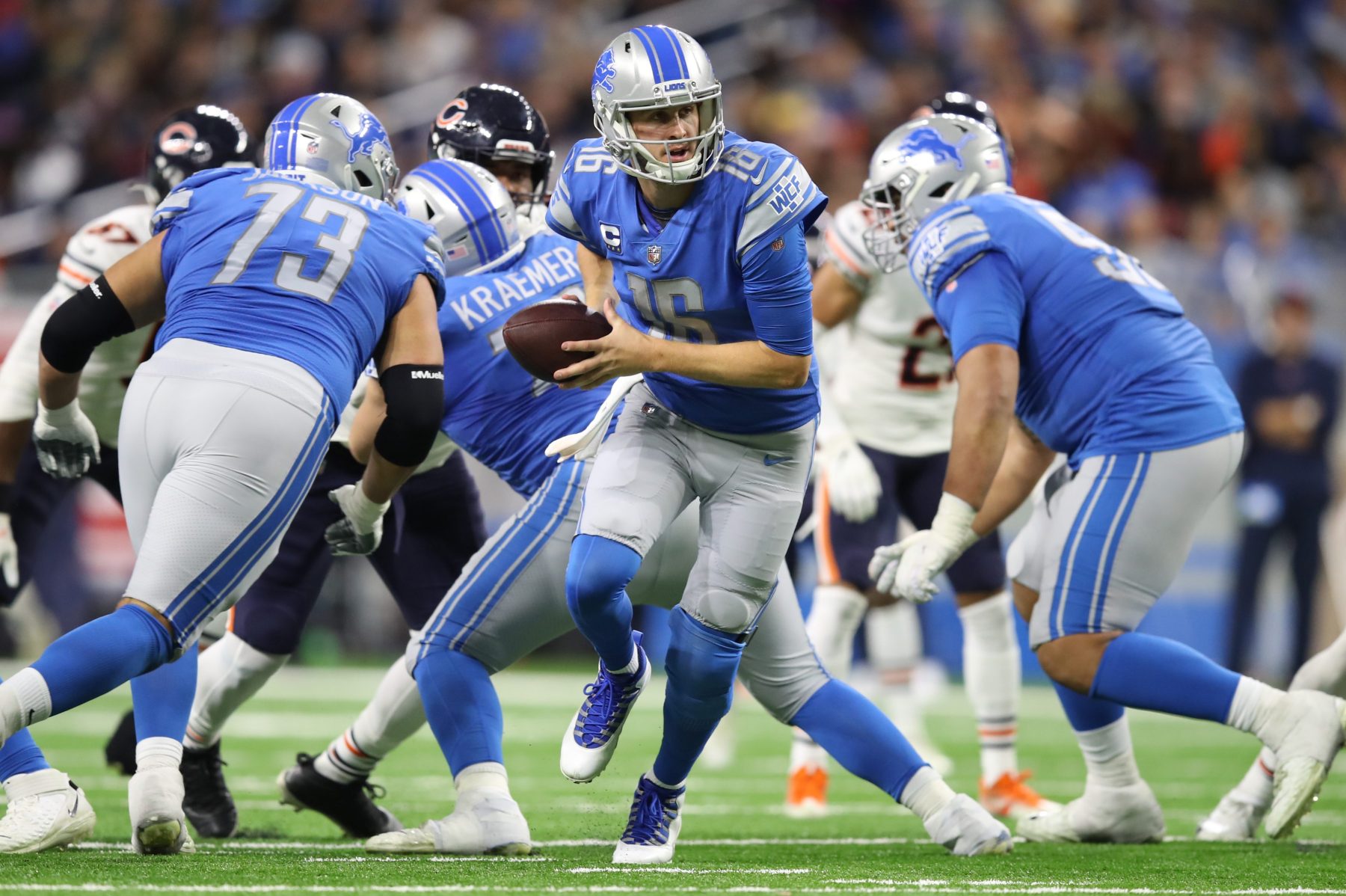The Philadelphia Eagles have had an impressive rise in recent years. More than any head coach or quarterback, general manager Howie Roseman is the father of success. One comment.
Howie Roseman knew early on what his destiny was. “When I was nine or ten and people asked me what I wanted to be when I grew up, I said I wanted to be a general manager of an NFL team.” Nearly 40 years later, he has long since fulfilled his childhood dream – and is increasingly making a name for himself as one of the best in his field.
After all, the Philadelphia Eagles’ skyrocketing fortunes are largely due to his work in recent years – and the 2023 draft was a special cream puff.
When Jalen Carter slipped to ninth, the 47-year-old didn’t hesitate and traded up a position. It was a cheap investment to get one of the best players in this year’s draft. Also in round one, Georgia’s next star defender followed in Nolan Smith, then in round four, the third Bulldog Kelee Ringo.
The cornerback was even seen as a second-round pick at times, making him a real steal. The fact that the Eagles were sometimes derisively referred to as the “Philadelphia Bulldogs” as a result doesn’t matter to Roseman at all. “It fosters the chemistry and culture of our football team and maybe even gives you a little edge in the process,” he explained of his focus on Georgia players.
Roseman molds individual players into teams
In a sport that relies tremendously on the quality of individual players, Roseman is all about the team. That the Eagles are enjoying the best period in their history under his aegis is no coincidence. He has been the team’s general manager since 2010, and over the years he has built a squad that hardly had the one great standout star, but instead thrived on its equality and strength in all parts.
The Super Bowl win in February 2018 was the best example of that. Quarterback Carson Wentz, who was on his way to an MVP season, tore his ACL just before the playoffs. Any other franchise probably would have crumbled from that. Not so the Eagles. Head coach Doug Pederson led Roseman’s squad to the Vince Lombardi Trophy with backup quarterback Nick Foles. Why? Because the quarterback, while important, was not irreplaceable on that squad.
Roseman combines an exceedingly high number of successful draft picks with smart trades in his time with the Eagles. But the quality of a GM isn’t shown by how many first-round picks hit, but how his hit rate is in the late rounds. A sampling of late-round bullseye picks from Roseman:
- 2011: Jason Kelce (6th round)
- 2012: Dennis Kelly (5th round)
- 2014: Beau Allen (7th round)
- 2016: Halapoulivaati Vaitai (5th round)
- 2016: Jalen Mills (7th round)
- 2018: Jordan Mailata (7th round)
- 2020: Quez Watkins (6th round)
- 2021: Kenneth Gainwell (5th round)
- 2021: Tarron Jackson (6th round)
Players like quarterback Jalen Hurts – who Roseman recently signed to a five-year, $255 million franchise contract – tight end Dallas Goedert and running back Miles Sanders, who were pillars of success in the preseason, each found Roseman in the second round.
Roseman makes the right decisions
At the same time, Roseman has a feel for what building blocks the squad needs away from the draft, and when he does, he’s willing to dig into his pocket. That was the case just before the 2022 draft, when he sent a first-round pick to the Tennessee Titans for A.J. Brown. It was a steep price, but one that paid off in full. The Eagles lacked just that absolute top receiver who not only made life easier for quarterback Hurts, but also DeVonta Smith.
Likewise, though, Roseman is not one to be afraid of letting deserving players go if there is no financial deal. Before the upcoming 2023 season, the Eagles lost defensive tackle Jalen Hargrave, offensive tackle Andre Dillard or Sanders, among others. All three players were smartly replaced in the draft (Carter, Tyler Steen), via free agency (Rashaad Penny) or via trade (D’Andre Swift).
Of course, Roseman isn’t immune to miscalculations either; his 2020 first-round pick Jalen Reagor, for instance, proved to be a reach. But there will probably never be a general manager with a 100 percent hit rate. The key is to make many more right decisions than wrong ones.






Comments
No Comments